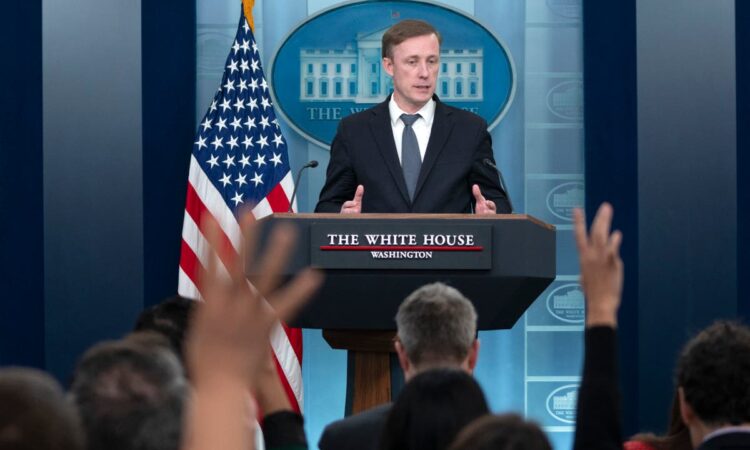
A 17-year-old US citizen was fatally shot by Israeli forces in the West Bank on Saturday, marking the second American teenager killed in the occupied Palestinian territory within recent weeks.
Mohammad Ahmad Alkhdour was shot twice in the head near Biddu, a town northwest of Jerusalem, according to family members and Defence for Children International – Palestine.
Israeli forces reportedly opened fire on a car with Mohammad and a relative inside. The vehicle overturned while attempting to drive to safety, according to Defence for Children.
Mohammad was transported by ambulance to the Palestine Medical Complex in Ramallah, where he was pronounced dead around 11pm.
His death follows the fatal shooting of another 17-year-old US citizen, Tawfic Abdel Jabbar, roughly 10 miles from Ramallah on 19 January, when an Israeli settler began firing at him and others, followed by fire from the Israeli military, according to accounts from his family and Defence for Children.
White House National Security Advisor Jake Sullivan said the US is “aggressively” investigating both incidents.
“In these cases, when we see reports like this, or we get outreach from families, we engage with the Israeli government on it,” he told reporters at the White House on Wednesday following questions from The Independent about the US response to the killings of American children by Israeli forces.
“There are investigations pending … we’ll continue to work that aggressively,” he said. “We have made clear from the start that the United States is focused on the welfare and wellbeing of American citizens wherever they are, whether it’s in the West Bank, or Gaza, or Israel or any other country in the region or indeed in the world. That remains the commitment of the president and that’s what he will continue to do.”
National Security Advisor Jake Sullivan speaks during a press briefing at the White House on 14 February.
(AP)
Mohammad, a high school senior, is among at least 17 Palestinian children who have been killed in the West Bank since October 7, after Israel launched its siege and ongoing bombardments in Gaza in response to Hamas attacks in Israel that killed 1,200 people. More than 28,000 Palestinians, including more than 12,000 children, have been killed.
“Decades of systemic impunity has created a situation where Israeli forces shoot to kill without limit,” according to a statement from Defence for Children accountability program director Ayed Abu Eqtaish. “As Palestinian children are increasingly targets in the West Bank, Israeli forces’ rules of engagement seemingly allow direct targeting of Palestinian children where no threat exists to justify the use of intentional lethal force.”
Mohammad, whose family left the US when he was young, was born in Florida. He has three brothers and a sister, his aunt told The Washington Post.
Tawfic, the son of Palestinian immigrants, was raised in New Orleans and made a temporary move to the occupied territory, where his father grew up, to be closer to relatives and improve his Arabic before returning to the US for college, according to his family.
Amir Abdel Jabbar, whose younger brother Tawfic was fatally shot in the West Bank, comforts their mother, Mona, on 23 January.
(AP)
At least three American citizens have also been detained by Israel Defence Forces in the West Bank and Gaza in recent weeks.
Hashem Alagha, 20, and Borak Alagha, 18, both US citizens from the Chicago area, were among a group of roughly 20 men detained by Israeli forces in Gaza this month. Their father, a Canadian citizen, also was detained, according to family members.
Samaher Esmail, a 46-year-old American woman from the New Orleans area, also was arrested in the West Bank by Israel Defense Forces this month for “incitement on social media,” according to the IDF. Video footage shows her being handcuffed and dragged out of her home during an early-morning raid.
She was beaten and denied medication while in custody, according to a statement from her family.
“In any of these circumstances, whether it be in Israel or elsewhere, we seek consular access, we seek access to the individual and we talk to their family when appropriate,” US Department of State spokesperson Matthew Miller told reporters on Tuesday.
“We try to ensure that detainees or people who are arrested are treated fairly, are treated humanely, have full access to due process, have access to counsel,” he added. “As is often the case, due to privacy considerations that are just in the law that don’t give me any wiggle room at all, I’m unable to speak in detail about this.”
The Independent has requested additional comment and information from a spokesperson for the IDF.
Additional reporting by Andrew Feinberg






